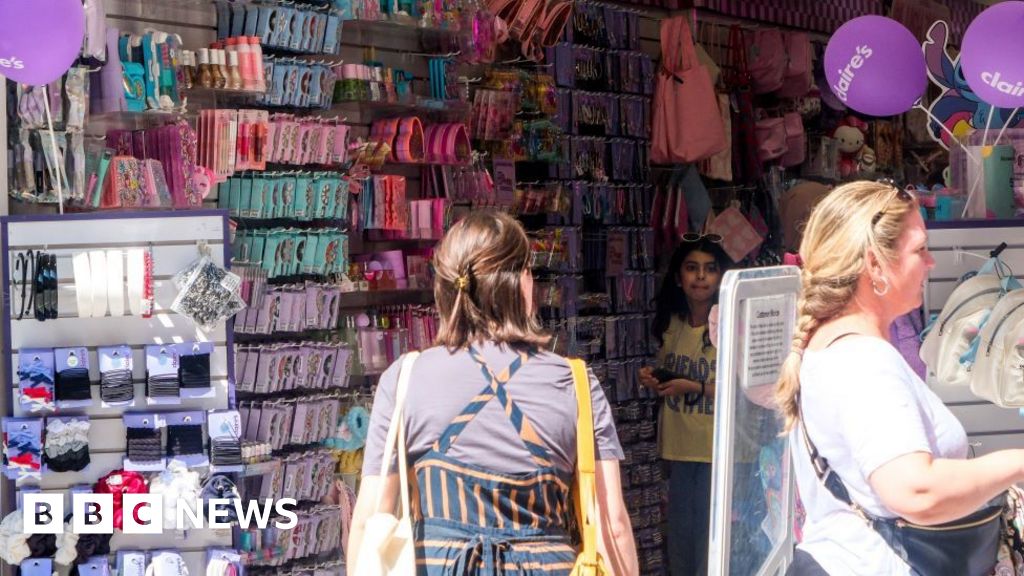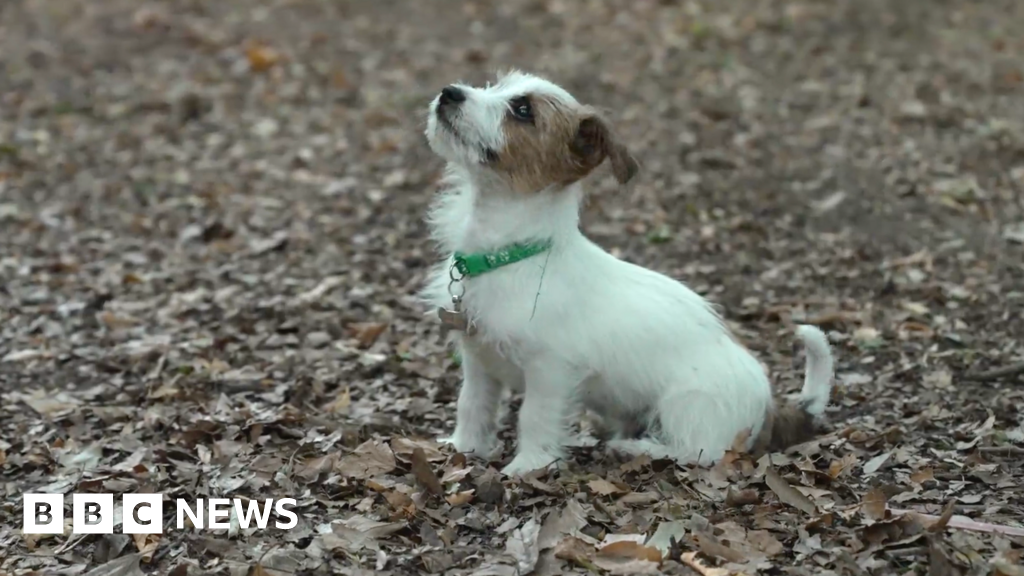
Graham HunterApr 29, 2025, 10:00 AM
- Graham Hunter is a Barcelona-based freelance writer for ESPN.com who specializes in La Liga and the Spanish national team.
There's a fair case that Athletic Club would have been in the UEFA Champions League this season, rather than facing Manchester United for a place in the UEFA Europa League final in Bilbao, had it not been for a few too many beers.
There's not a shred of polemic or clickbait in that assertion. It's one that, although not much spoken about, is pretty hard to deny.
Exactly a year ago, Athletic won the Copa del Rey for the first time in 40 years, and then they partied hearty. When the appointed day came (April 13), they took that grand old trophy, which is absolutely huge, and launched the sacred Gabarra boat on the river Nervión, the first time it had chugged along the Bilbao waterway since 1984. And the players chugged beer. Big time.
"Gabarra" just means "river barge." Its celebratory use was instituted in 1983 for Athletic's league title and repeated for the double won in 1984, but hadn't set sail since. It became a working river boat for cargo, then retired, and then hauled out of Bilbao's maritime museum for that 2024 celebration.
There were 162 boats on the river accompanying it that day, and a million fans on the banks. It was a red-and-white armada. When you restrict yourself as a club to only signing and fielding Basque-born/developed footballers, every trophy is worth 10 times the normal celebrations.
The festivities were huge -- a heaving, red-and-white movement of Basque masses -- and Ernesto Valverde's footballers treating the disembarking moment from the Gabarra as sailors have always treated shore leave: a chance to dance, and sing and drink merrily, partying until the last man called time because the sun was up.
There was a match at San Mamés the following night against Villarreal, vital to win if nasty pressure was to be put on Atlético Madrid in fourth.
When the Yellow Submarine met the drunken sailors on April 14, Athletic were leading 1-0 until deep into stoppage time, tiring as they went. Fortune frowned on the Basques when the referee awarded a penalty after they had huffed and puffed, but hadn't added a second or third goal to their dominance against 10 Villarreal men for most of the second half.
Dani Parejo scored from the spot and deflation ruled the stadium, the training ground, the city.
"From boarding the Gabarra, and that 2½-hour trip down the river to San Mamés, we were drinking beer like animals," Iñaki Williams admitted on television a few days later. "Legend had told us what that Gabarra experience was like, but to live it was ultra special.
"It was a hard week; we played Villarreal that next night and we nearly beat them while still drunk! They only equalized in the 95th minute -- a penalty into the top corner."
The hangover ebbed into the next home game, which was only drawn against relegation-fodder Granada. Those four squandered points meant that Athletic went to Atlético the following week three points behind the Madrid club instead of one ahead. They lost, and that was that. Fourth place, and Champions League football, slipped through the same fingers that had just lifted the Copa in triumph and joy.
Right now, nobody's complaining.
Athletic have never won a European trophy, let alone joined the very, very small band of four clubs (Real Madrid, Inter Milan, Barcelona, Feyenoord) who've won the single-match final of a UEFA knockout competition in their own stadium over the past 70 years. That's what drives them this week and next: the feeling that Europa League semifinal opponents Man United are venerated, decorated, but ... in the way.
The two clubs have lots in common, even if not the size of their trophy cabinets.
For example: how many stadia have nicknames, let alone nicknames that are just as famous as the real names? United play at The Theatre of Dreams; Athletic's home is The Cathedral. The original San Mamés stadium opened in 1913 when Athletic Club bought land that annexed a retirement home and the site of the former San Mamés (Saint Mammes) Chapel. Local legend states that someone commented: "It used to be a chapel but I think they're going to build a cathedral now." That was that.
The stadium took the name of the old chapel -- in order to differentiate it from the retirement home -- and, given that the Romans threw Saint Mammes to the lions (legend says that he made them docile by preaching to them), Athletic and their players have, for the past 112 years, been nicknamed "Los Leones" ("The Lions").
Every cathedral needs someone to lead the worship, and in this case it's Valverde (nicknamed "Txingurri," which is Basque for "Ant." It's safe to say coach Valverde has always been diminutive and industrious).
He very nearly became Man United's manager in 2021 when Ole Gunnar Solskjaer was sacked. There were talks, but as often happens in football, they withered instead of blooming.
A couple of years later, Valverde explained to his friend Lu Martín: "Well, I would have gone to England, but in the end for one reason or another it didn't work out. Life is often circumstances, right? After finishing at Barcelona, the truth is that ... I had the possibility of going to certain places and well ... But I don't really like talking about what I didn't do ..."
He's quite the guy, Valverde: electronic engineer, published photographer, rock-and-roll guitarist, a cyclist prone to knocking out 80-kilometer rides and someone who, growing up during the Basque conflicts of the 1970s, he admits, "seemed to have a magnetic attraction for the local police."
He's lost the final of this competition twice, both with Espanyol (as player and manager). Next week will be his first time back competitively in northwest England since that Anfield experience in 2019 when Liverpool undressed his Barça side 4-0 to win the Champions League semifinal 4-3.
Now it's his and Athletic's moment: The Cathedral and then The Theatre -- football's Pantheon awaiting the winner.
The most perfect description of Athletic Club I've ever heard came from former striker Aritz Aduriz.
"I believe that Athletic is more than a club for our fans. It is like a philosophy, a small religion," he said. "All Athletic fans consider the club to be a part of them. They feel part of the team. When people go to San Mamés, they go to 'play' the match, too -- with their team, surrounded by people who grew up around their same environment, with the same culture, with very similar personal characteristics. They are a family, Athletic plays with their own people against the rest of the world.
"That connection, between the people and the team, is very different to what happens in other clubs. When Athletic are struggling, the fans are struggling. So, they help the team perform well because it is a part of them."
Game on: Athletic against United, and the rest of the world.
 (1).png)
 3 months ago
100
3 months ago
100

















